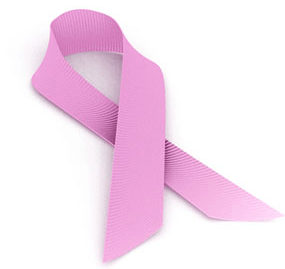142 women in Ghana die of cervical cancer every month – Medical Officer
 It is estimated that 2,797 women are diagnosed with cervical cancer yearly in Ghana, out of which 1,699 die from the disease, Dr. Anita Owusu-Afriyie, a Medical Officer, Oncology Unit, International Maritime Hospital (IMaH), has disclosed.
It is estimated that 2,797 women are diagnosed with cervical cancer yearly in Ghana, out of which 1,699 die from the disease, Dr. Anita Owusu-Afriyie, a Medical Officer, Oncology Unit, International Maritime Hospital (IMaH), has disclosed.
The data indicated that 233 women are diagnosed every month with cervical cancer out of which 142 die monthly.
She stressed that cervical cancer is the second leading cause of cancer in women in Ghana after breast cancer.
Dr. Owusu-Afriyie gave the statistics at the “Your Health! Our Concern! a Ghana News Agency initiative that seeks to provide health information to influence personal health choices.
She, therefore, appealed to women to regularly undertake cervical cancer screening “as early diagnosis would help save a life…. men should encourage their partners, wives, sisters, mothers, and friends to go for screening.”
The IMaH Medical Officer explained that long-lasting infection with certain types of Human Papilloma Virus (HPV) was the main cause of cervical cancer.
She stressed that HPV was a common virus passed from one person to another during sex, adding that at least half of sexually active people will have HPV at some point in their lives, but few women would get cervical cancer.
Dr. Owusu-Afriyie also advised women, who intend to go for cervical cancer screening not to do it during menstruation as the menstrual blood could affect the analysis.
She encouraged women, who encounter any bleeding after sex or after menstrual periods, to seek medical attention.
However, when one is undergoing treatment of cervical cancer should abstain from sexual intercourse or avoid unprotected sex because the treatment is done to kill the cancer cells from the cervix.
Dr. Mrs. Owusu-Afriyie urged all females from 21 years and above to go for screening.
Mr. Francis Ameyibor, Ghana News Agency Tema Regional Manager, explained that “Your Health! Our Concern” seeks to leverage Ghana News Agency’s communication expertise together with the health professional skills to educate the public to understand that the health of everyone matters and should be the concern of all.
“We must all be concerned about the health of some other person in order to develop a healthy society,” Mr. Ameyibor noted.
Source: GNA
